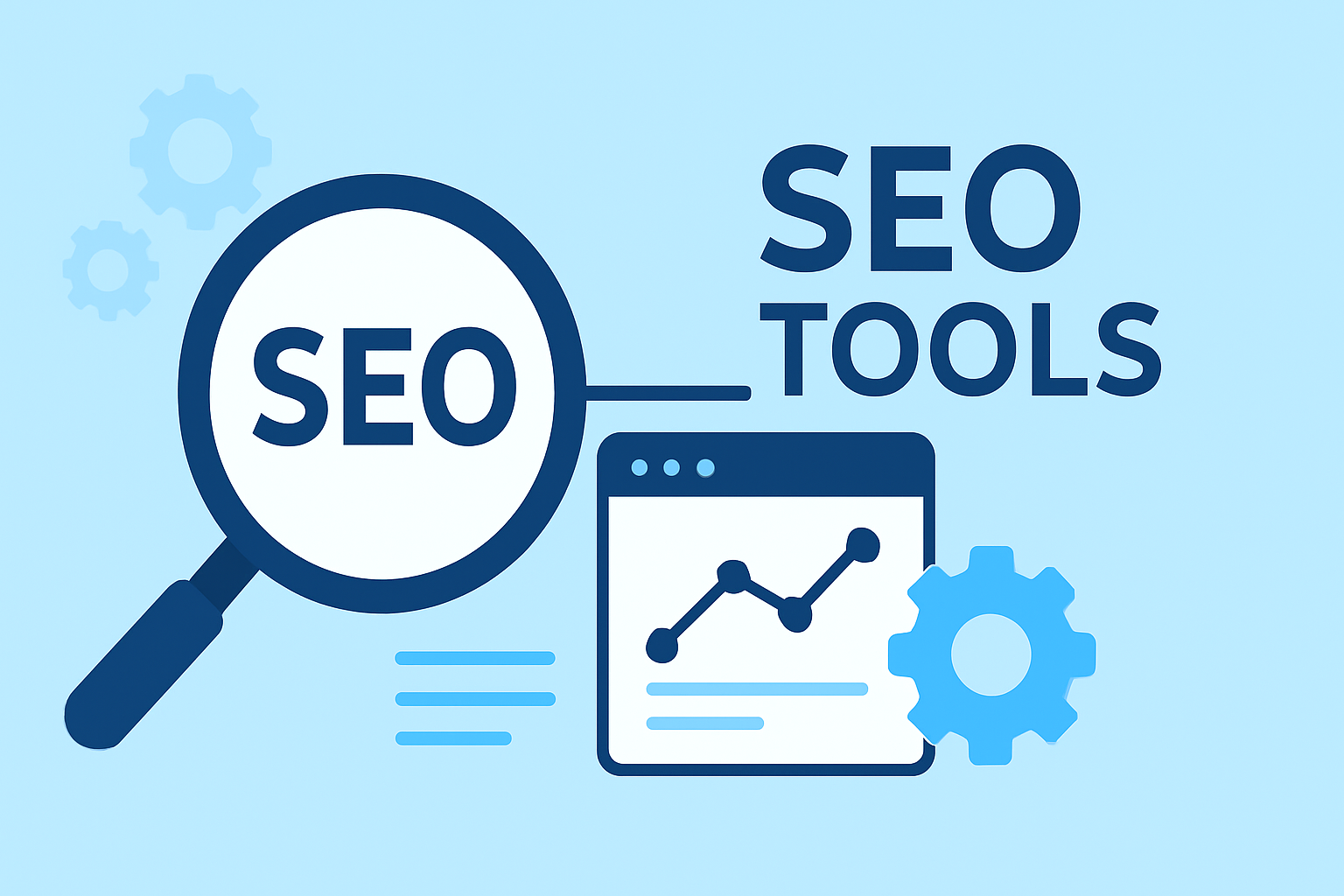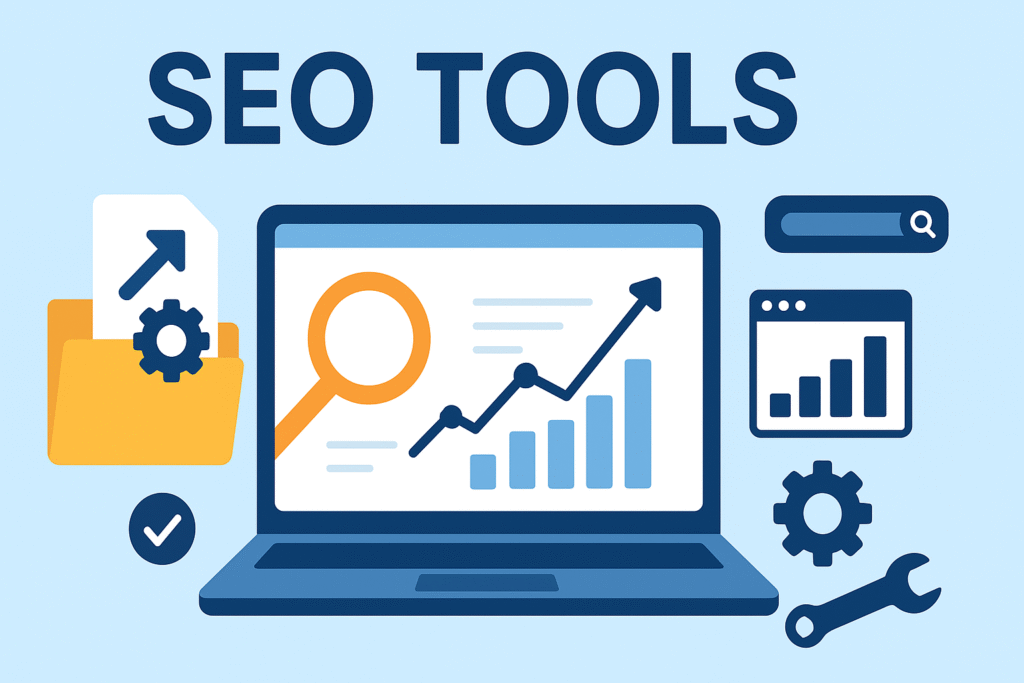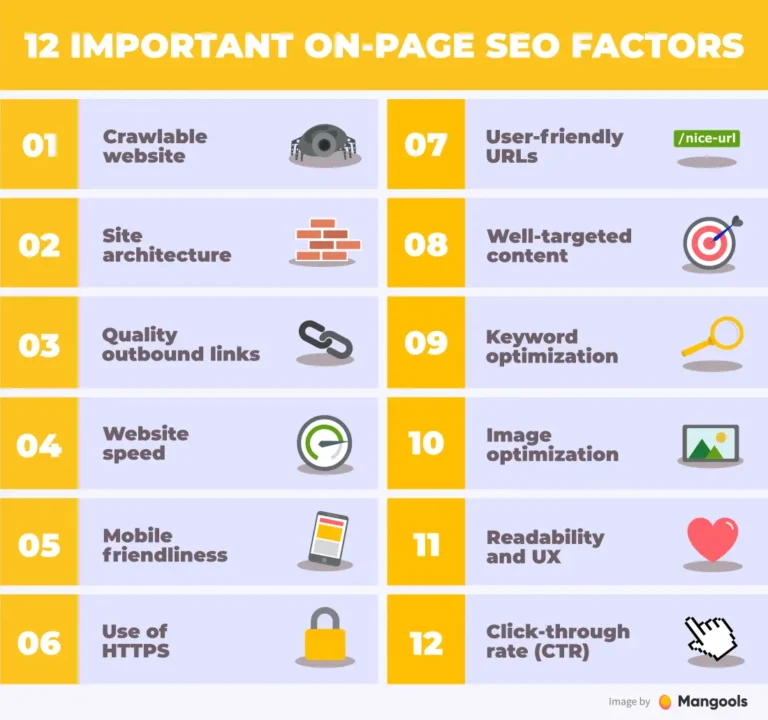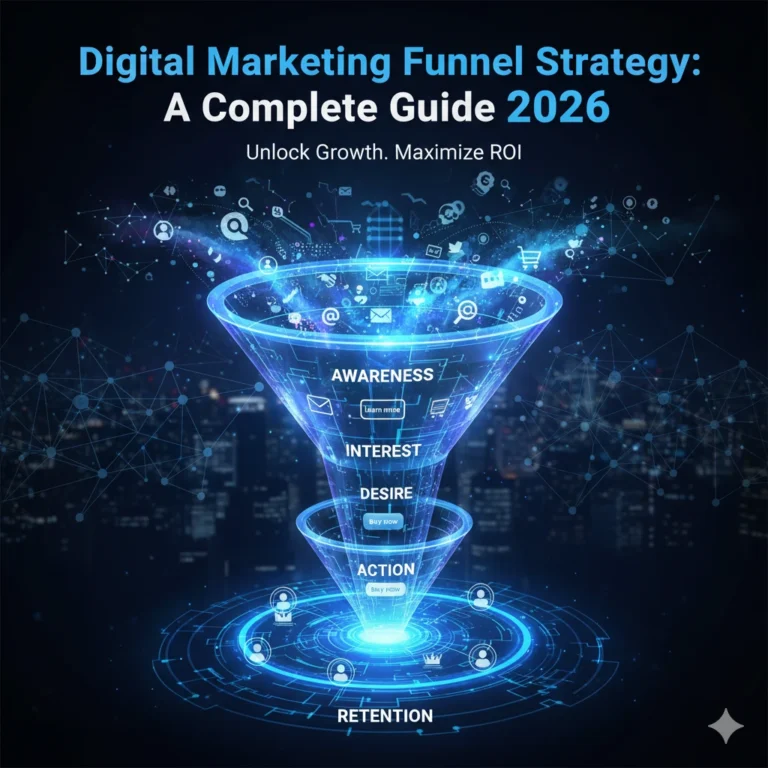
SEO Tools are the backbone of every successful digital marketing strategy when it comes to online growth, . These tools help you find profitable keywords, analyze competitors, track rankings, and optimize your website for better performance. Without SEO Tools, improving search visibility becomes a guessing game that wastes time and energy.
In this guide, we’ll cover the Best SEO Tools, explore different categories, and share a Best SEO Tools list you can use to grow your business in 2025.
Why Do You Need SEO Tools?
The online space is more competitive than ever. Whether you run a blog, an eCommerce store, or a corporate website, you need accurate data to win. SEO Tools provide the insights required to:
- Discover high-ranking keyword opportunities.
- Track competitors’ strengths and weaknesses.
- Build and monitor backlinks.
- Audit site errors and technical health.
- Improve user experience with faster load times.
Simply put, the Best SEO Tools remove the guesswork from SEO. They help you make data-driven decisions that lead to higher rankings and consistent organic growth.
Types of SEO Tools
SEO covers several aspects, and each requires the right tool. Here are the major categories before diving into the Best SEO Tools list:
- Keyword Research Tools – Identify what your audience searches for.
- On-Page SEO Tools – Optimize titles, headings, and overall content.
- Backlink Analysis Tools – Track links and build authority.
- Rank Tracking Tools – Measure keyword performance over time.
- Technical SEO Tools – Detect crawl issues, broken links, and speed issues.
- Analytics Tools – Measure ROI and campaign performance.
Using a mix of these ensures your SEO strategy is well-rounded instead of one-dimensional.
Best SEO Tools for Keyword Research

Keywords are the building blocks of SEO. Here are the Best SEO Tools for keyword discovery:
- Google Keyword Planner – Free, simple, and connected directly to Google data.
- Ahrefs Keyword Explorer – Offers difficulty scores and traffic potential.
- SEMrush – Ideal for competitive analysis with SERP insights.
- Ubersuggest – Affordable tool with beginner-friendly features.
These tools ensure you target the right search queries, from high-volume competitive terms to low-competition long-tail keywords that often drive more conversions.
Best SEO Tools for On-Page Optimization
On-page SEO is about optimizing your website content and structure. The Best SEO Tools list for on-page improvements includes:
- Yoast SEO – Perfect for WordPress websites.
- SurferSEO – Provides data-backed content outlines.
- Clearscope – Ensures semantic keyword integration for relevancy.
By using these tools, you can improve meta descriptions, heading tags, and content flow to meet both user and search engine expectations.
Best SEO Tools for Backlink Analysis
Backlinks are a strong ranking factor, but not all links are equal. Here are the Best SEO Tools for link-building insights:
- Ahrefs – Known for its massive backlink database.
- Moz Link Explorer – Focuses on domain authority and spam scores.
- Majestic SEO – Specializes in Trust Flow and Citation Flow.
Regularly analyzing backlinks ensures that your website grows in authority while avoiding penalties caused by low-quality links.
Best SEO Tools for Rank Tracking

Rank tracking is essential to monitor progress. Some popular options include:
- SEMrush Position Tracking – Provides daily ranking updates.
- Serpstat – Affordable and user-friendly.
- Google Search Console – Free and effective for beginners.
Monitoring your keyword positions gives you valuable insights into whether your SEO strategy is moving in the right direction or needs adjustments.
Best SEO Tools for Technical SEO

A technically sound website is critical for SEO success. The Best SEO Tools list for technical optimization includes:
- Screaming Frog SEO Spider – Detects crawl errors, duplicate content, and redirects.
- Google PageSpeed Insights – Analyzes speed and Core Web Vitals.
- GTmetrix – Provides detailed loading and performance metrics.
Fixing technical SEO helps create a seamless user experience, ensuring your site loads quickly and can be crawled efficiently by search engines.
Free vs Paid SEO Tools

When building your Best SEO Tools list, you’ll find both free and paid options.
- Free SEO Tools – Perfect for beginners. Examples: Google Analytics, Search Console, Ubersuggest (limited version).
- Paid SEO Tools – Ideal for professionals who need deeper insights. Examples: SEMrush, Ahrefs, SurferSEO. A smart strategy is to start with free tools, then gradually upgrade as your business scales. Paid tools often include features like competitor tracking, advanced reporting, and historical data that make long-term SEO campaigns more effective.
How to Choose the Right SEO Tools

Not every tool suits every business. Here’s how to select the Best SEO Tools:
- Define your primary goals (rankings, backlinks, or technical SEO).
- Compare features with your needs and budget.
- Take advantage of free trials or demos.
- Choose a balanced set of tools covering multiple SEO areas.
This ensures you get maximum value without overspending on features you don’t need.
Real-World Benefits of Using SEO Tools

Companies that consistently use SEO Tools enjoy major advantages, including:
- More organic traffic – Many see traffic increases of 30–50%.
- Higher ROI – Targeted keywords drive quality leads.
- Faster issue resolution – Technical errors are fixed in less time.
- Authority building – Backlink analysis strengthens credibility.
Even small businesses can compete with larger competitors by maintaining a strong Best SEO Tools list and applying it strategically.
Actionable Tips for Maximizing SEO Tools

To make the most of your investment in SEO tools:
- Run monthly technical audits.
- Compare competitor backlinks to find new opportunities.
- Optimize content with semantic keywords suggested by AI-powered tools.
- Track SERP volatility to understand ranking fluctuations.
- Use dashboards to centralize reporting for faster decision-making.
These small but consistent actions can make a huge difference over time.
Future Trends in SEO Tools

The future of SEO is shaped by AI and automation. Expect more innovations such as:
- AI-powered keyword clustering to simplify targeting.
- Voice search optimization for smart assistants.
- Predictive ranking tools that forecast SERP movements.
- Automated content audits integrated with CMS platforms.
Adopting these trends early ensures your business remains competitive in the fast-changing SEO landscape.
Conclusion
The digital marketing landscape is constantly evolving, but the importance of SEO Tools remains unchanged. From keyword research to technical audits, the Best SEO Tools list outlined here covers every essential aspect of SEO. By investing in the right combination of tools, you can improve rankings, attract more visitors, and grow your online presence in 2025 and beyond. Whether you’re a beginner or an experienced marketer, SEO Tools are your pathway to long-term digital success.



